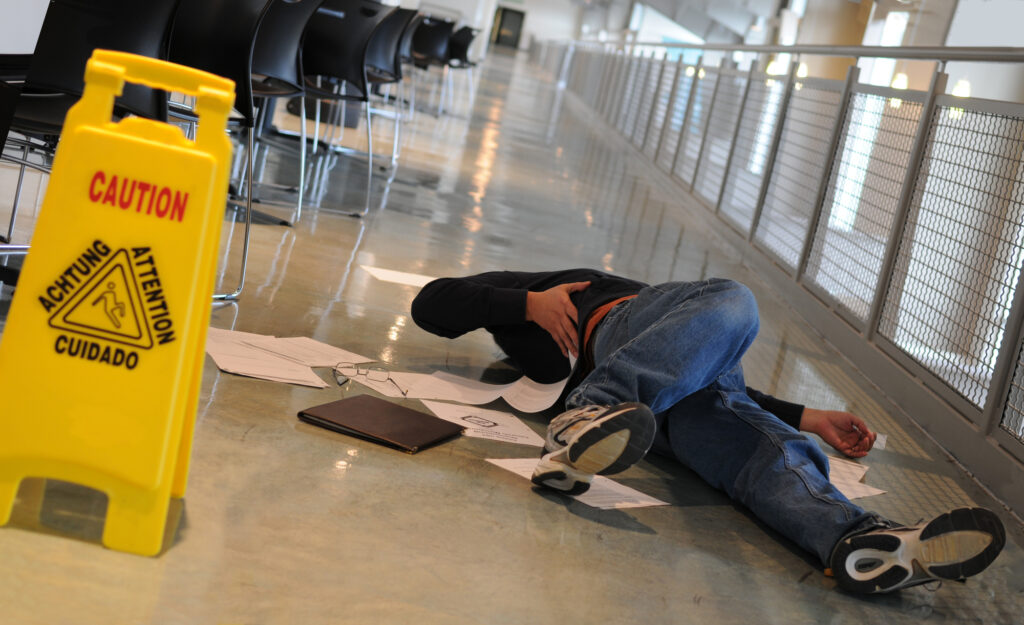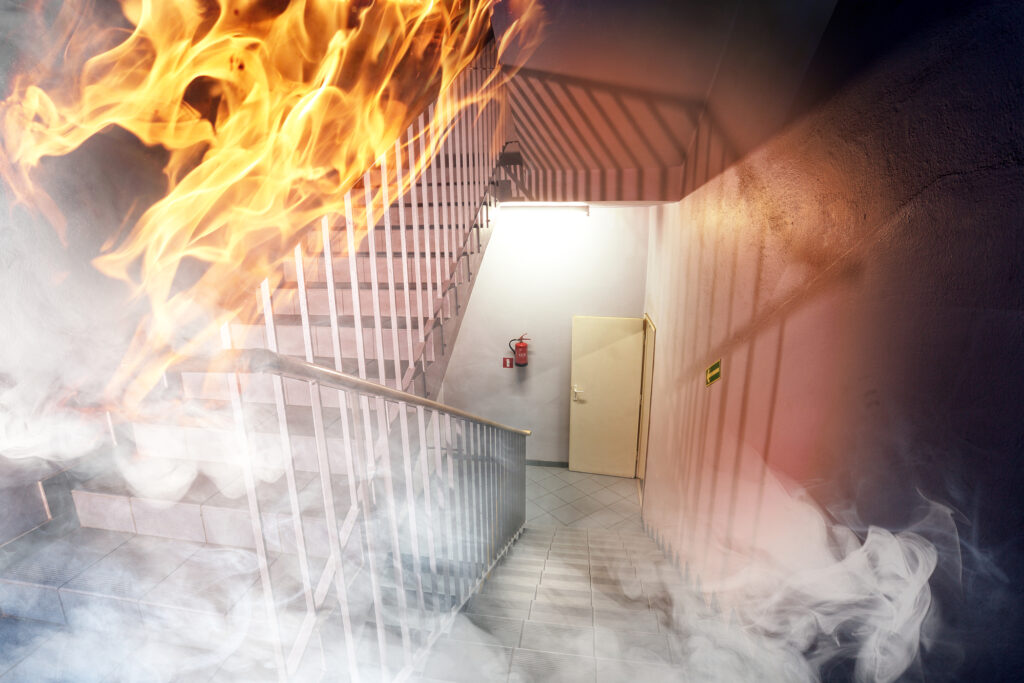General Liability
What is General Liability Insurance?
If you want to ensure that your small business has financial protection from unforeseen claims, general liability insurance is a smart investment. General Liability protects your business from property damage done to others, bodily injury, damage caused by product or service you performed, liable, slander, copyright, and much more.

Why do you need General Liability Insurance?
It’s just common sense – and good financial sense too. Even one lawsuit for bodily injury or property damage is often enough to bankrupt a small business. General Liability insurance provides you with the coverage you need to pay for most damages, injuries, medical costs, and even legal fees or settlements if you’re sued.

What could go wrong?
Workers Compensation
What is Workers Compensation Insurance?
Workers’ Compensation insurance—commonly called “Workers’ Comp” or “Workman’s Comp”—is an often-mandatory type of insurance that protects both your employees and your company if an employee experiences an injury or disease while at work, including strains, trip and falls, or accidental death.

Why do you need Workers Compensation Insurance?
It’s simple: having workers compensation coverage is the law in most states. If you don’t have it, you face state fines and penalties—even if you never file a claim. You could also get stuck with unexpected costs you have to pay out of your own pocket. Plus – Workers’ Comp insurance gives your employees and their families peace of mind knowing they won’t have to pay for medical treatment or other injury-related expenses.

What could go wrong?
Commercial Auto
What is Commercial Auto Insurance?

Why do you need Commercial Auto Insurance?

What could go wrong?
One of the trucks in your fleet rear-ends a family causing multiple injuries. Although their injuries are not very serious, they sue you for $1,000,000 because they assume your company has a lot of money. Your commercial auto policy would defend you in court and fight the lawsuit on your behalf.
Commercial Property
What is Commercial Property Insurance?
Commercial Property Insurance covers damage to a building you own, or leased space if you are required to provide coverage by your lease. It also covers the contents of your building such as inventory, equipment, tools, or other people’s property from damage that may have occurred or even theft.
Commercial property insurance also covers the income your business would normally receive in the event of a disruption, along with payroll costs, net income, and even temporary business relocation.

Why do you need Commercial Property Insurance?
Protecting your physical location and equipment is important for any small business. If they’re stolen, damaged or destroyed, business property insurance can help cover the costs to repair or replace your assets, income, and expenses incurred from the claim.

What could go wrong?
Commercial Umbrella
What is Commercial Umbrella Insurance?

Why do you need Commercial Umbrella Insurance?

What could go wrong?
You’re a local mechanic that installs new brakes on a vehicle. After your work is complete, that family crashes into another vehicle causing major injuries for six people, and one death. The crash was caused due to negligence on the work that was provided and results in a $4,000,000 lawsuit. The umbrella would kick in and provide coverage assuming your underlying policy exhausted its limits, still financially protecting your business.
Bonds
What is a Commercial or Surety Bond?

Do you need a bond?

What could go wrong?
Professional Liability (E&O)
What Does Professional Liability (E&O) Insurance Cover?
Professional Liability (E&O) insurance helps protect your business if you made a mistake (error) or failed to perform a service (omission). Professional Indemnity insurance, another name for professional liability insurance, also covers the related defense costs, even from groundless claims.

Who Should Consider Professional Liability (E&O) Insurance?

What could go wrong?
Directors & Officers
What Does Directors & Officers (D&O) Insurance Cover?
Directors and Officers liability insurance protects the personal assets of corporate directors and officers, and their spouses, in the event they are personally sued by employees, vendors, competitors, investors, customers, or other parties, for actual or alleged wrongful acts in managing a company.
This insurance usually protects the company as well, covers legal fees, settlements, and other costs.

Who Should Consider Directors & Officers (D&O) Insurance?

What could go wrong?
Cyber Liability
What is Cyber Liability Insurance?
Cyber insurance was developed to help companies manage the risks associated with storing and processing customer data. In the event of a cyber incident or data breach, it can cover services that reduce the likelihood of a lawsuit.
These services may include notifying customers of the data breach, restoring personal identities, recovering compromised data, repairing damaged computer systems, and even ransom demands.

Why do you need Cyber Liability Insurance?
Unfortunately, data breaches have become commonplace in today’s financial world, especially in the United States. If your business stores sensitive client data, has an online retail business, or holds data that’s particularly valuable to you, you should consider Cyber Liability.

What could go wrong?
A private healthcare clinic is the victim of a cyber-attack in which patient information was stolen from their computer system. The hackers threatened to post the data publicly unless they received a ransom payment of $15,000 in Bitcoin. Cyber insurance would potentially pay the ransom, and pay additional damages that may have occurred to the computer system, credit monitoring, and much more.





